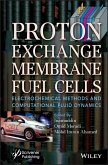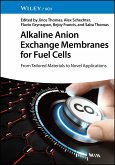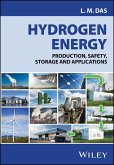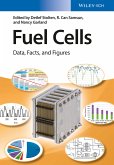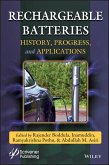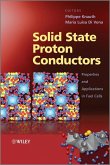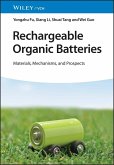PROTON EXCHANGE MEMBRANE FUEL CELLS Edited by one of the most well-respected and prolific engineers in the world and his team, this book provides a comprehensive overview of hydrogen production, conversion, and storage, offering the scientific literature a comprehensive coverage of this important fuel. Proton exchange membrane fuel cells (PEMFCs) are among the most anticipated stationary clean energy devices in renewable and alternative energy. Despite the appreciable improvement in their cost and durability, which are the two major commercialization barriers, their availability has not matched demand. This is mainly due to the use of expensive metal-catalyst, less durable membranes, and poor insight into the ongoing phenomena inside proton exchange membrane fuel cells. Efforts are being made to optimize the use of precious metals as catalyst layers or find alternatives that can be durable for more than 5000 hours. Computational models are also being developed and studied to get an insight into the shortcomings and provide solutions. The announcement by various companies that they will be producing proton exchange membrane fuel cells-based cars by 2025 has accelerated the current research on proton exchange membrane fuel cells. The breakthrough is urgently needed. The membranes, catalysts, polymer electrolytes, and especially the understanding of diffusion layers, need thorough revision and improvement to achieve the target. This exciting breakthrough volume explores these challenges and offers solutions for the industry. Whether for the student, veteran engineer, new hire, or other industry professionals, this is a must-have for any library.
Dieser Download kann aus rechtlichen Gründen nur mit Rechnungsadresse in A, B, BG, CY, CZ, D, DK, EW, E, FIN, F, GR, HR, H, IRL, I, LT, L, LR, M, NL, PL, P, R, S, SLO, SK ausgeliefert werden.



